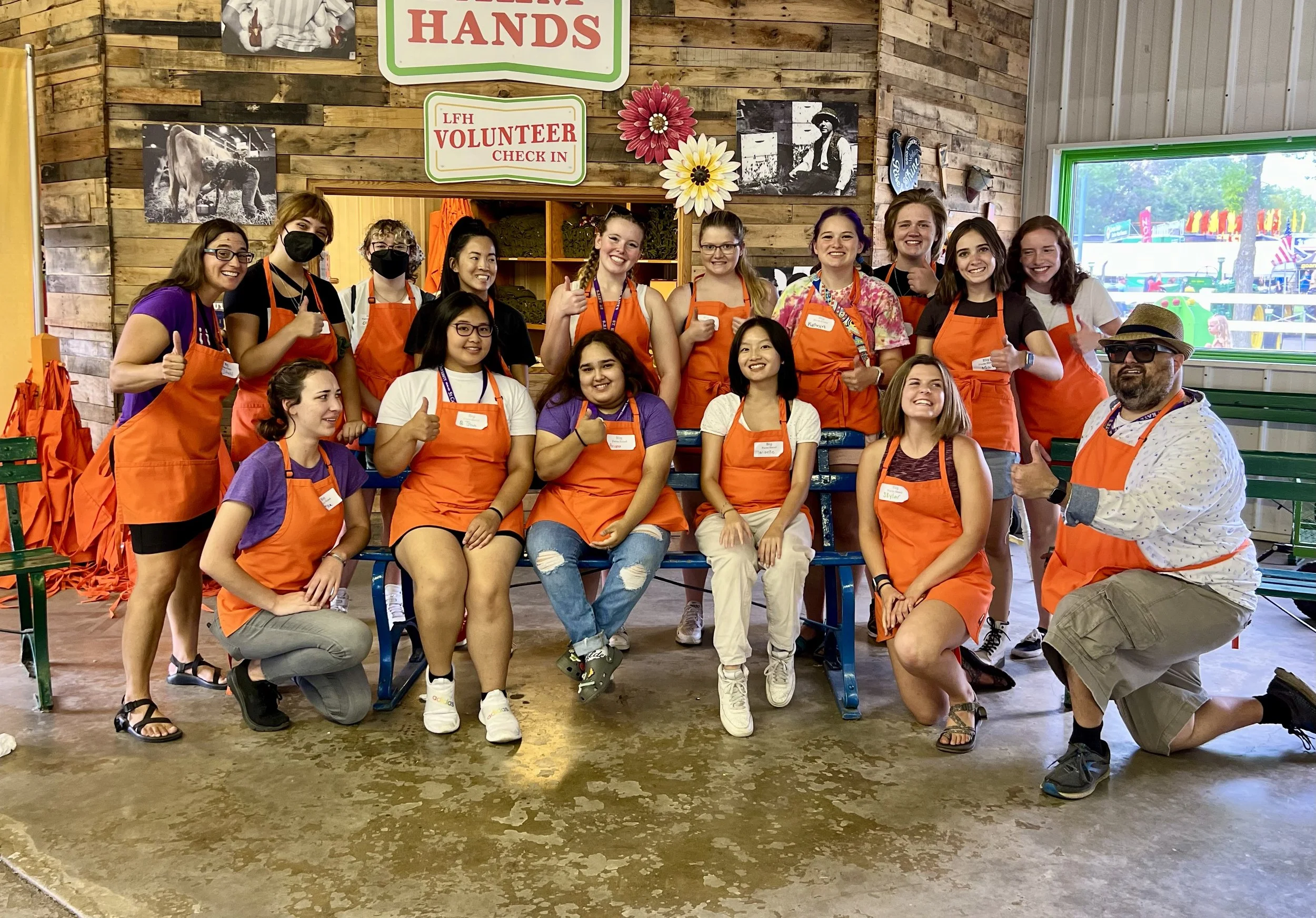The tales of many summers
Katies weigh in on summer adventures and overcoming the fear of missing out
By Ella Tracy
Summer happened to a different person. That’s my only explanation for why we are already back in classes. For most students, summer is the only real break we have from full-time school. There is so much pressure to have extravagant summer experiences that you can’t have while you are committed to schoolwork, classes or campus jobs.
If you’re like me, you started out the summer with a bucket list in mind. Things like weekend trips, movie watch-parties, book quotas and new jobs were on mine. I accomplished almost everything I set out to do and made so many core memories by the end of August. I loved my weekend trip to Madeline Island to visit a dear friend, my endless conversations about new books and spending time with family I don’t get to see often during the school year. I enjoyed my new work experiences while saving money. I enjoyed balancing rest and relaxation with fun and friends. When I looked back on my summer as I prepared to move back to school, I knew I wouldn’t change a thing.
I was welcomed back to school by the question, “What was your favorite thing you did this summer?” I had easy answers; anything mentioned above would suffice.
But my classmates started listing fancy internships, international trips, shows attended and major life goals accomplished. Summer Instagram posts appeared on my page. That’s when the FOMO started kicking in.
I began to despise the summer activities ice breaker. It made me feel like I hadn’t done enough. I hadn’t done anything cool or unique or career-oriented compared to some classmates and friends. It was easy for this feeling to eat away at the happiness I experienced over the summer. Deeply unpleasant as these feelings were, I hopelessly wondered how I could combat them and recapture the joy of my summer experiences.
I had a feeling I wasn’t alone, so I reached out to other Katies to investigate. Sure enough, nearly all my fellow students I surveyed shared similar sentiments. I also asked students to share their favorite summer activities. Every student’s response was unique.
These are a few of Katies’ favorite things
I asked Katies what they most value spending their time on during the summer. They named things like experiences with family or friends, taking care of their mental health and exploring the outdoors. Those values directly impacted how Katies chose to spend their time, but also dictated how satisfied Katies were with their summer experiences. Those who did activities that reflected their summer values all reported that their time away from school was well-spent.
But when we came back to school, Katies felt the effects of summer FOMO. Emma Proefrock ‘25 (Public Health) was sad that she couldn’t travel abroad because she had to work so she could continue paying for school. When Andrea Porter ‘26 (Political Science/Women in International Development, Economics minor) saw pictures from friends’ activities, she started feeling like her activities weren’t “cool enough.”
Mia Timlin ‘26 (English/Political Science/Women’s Studies) wondered if FOMO is inevitable. Timlin said, “I think that it’s impossible to not feel like your summer is sub-par to at least one person you follow on the internet. You could’ve had the most fun day at the pool, watched your favorite movie outdoors with your friends or gone on a fabulous trip, but somehow at the end of the day it’ll feel like it doesn’t measure up to someone’s pictures of a European adventure.”
Acknowledging our summer frustrations is the first step, but how do we overcome feelings of inadequacy? Katies’ suggestions were overwhelmingly geared toward rooting yourself in your personal goals. Lydia Moylan ‘26 (Psychology, ASL minor) said, “I remind myself that everyone is in a different place and you don’t need to feel bad about not having done the exact same thing as someone else.”
Several students noted that their priorities for the summer were focusing on mental health, so their chosen activities were more restful compared to the activities of students who value travel or time spent with friends. Porter added that she “would feel better doing stuff for [herself] rather than pushing [herself] to do things [she] didn’t want to do.”
Timlin noted the importance of positive self-talk. “Sometimes just telling yourself that what you’re doing is enough helps you believe it,” she said.
Personal reflection can also help students identify where feelings of missing out are coming from. “What is currently missing from my own life that I think doing what other people are doing would fulfill?” said Jade Fehlen ‘26 (History).
Proactivity can also minimize feelings of missing out. Moylan said, “These feelings tend to make me take initiative in planning things for myself that I’m looking forward to.” Now that the school year has started, make sure to plan fun events with friends that you can build anticipation for. This will help focus your attention on upcoming events instead of things you fear you missed out on.
If you feel like you can’t move past summer FOMO, try this exercise I walked your fellow Katies through. List some of your favorite summer memories. Deep dive into pictures or briefly journal about your experiences. Then think about what you most value spending your time on during the summer. Chances are your activities will be in line with your values. Remind yourself that all our values are different and everyone operates on their own timeline. We all have different definitions of fun. All that matters is that you feel like your time was well-spent!







